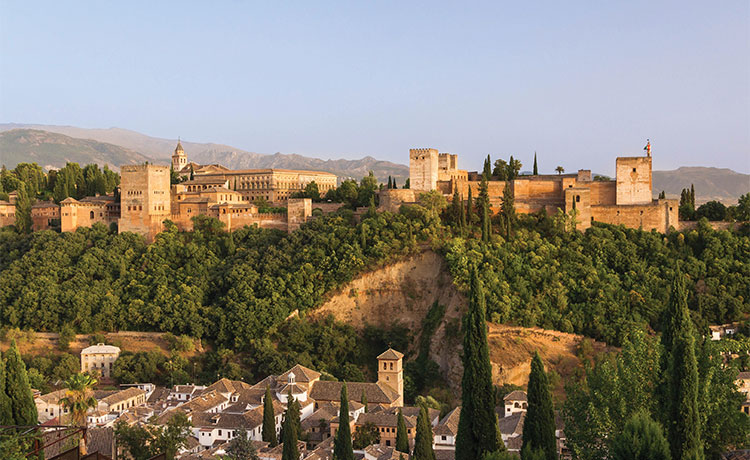Destination KSA - Your Guide to Saudi


Bint Hasan has a great passion for ancient Islamic history and finds reading about our noble predecessors a great source of inspiration and motivation. She currently writes articles for the Assalmu Alaykum Team and has presently just completed her education in dentistry. She enjoys trying out new cuisines. Her interests include reading and touring and loves horse riding.
Islam is a religion of peace and calls for the upholding of the ties of kinship because of the great effect that this has on achieving social cohesion and perpetuating cooperation and love among the Muslims. Upholding the ties of kinship is a duty obligatory upon every Muslim. This has been reiterated in various verses […]
By Bint Hasan
In 9AH, our Prophet Muhammad PBUH and the sahabas went on an expedition, famously known as “The Tabook Expedition.” However, it is also known as the “Expedition of Distress.” This is because of the severe hardships the Muslims endured throughout their journey to Tabook. The weather was extremely hot, their destination was far off, they […]
By Bint Hasan
Knowing the importance of this blessed month, we need to prepare, so that we can increase in ibadah and gain the most from it. Here is a list of ways to reap the fruits of this month, 1) First and foremost, we need to draw nearer to Allah and have an increase in iman. Some of […]
By Bint Hasan
Al Andalusia: The shining star amidst chaos. In the depth of the dark ages, long back during the 8th century, when Europe was still knee deep in the medieval period; when the western world was redundant of squalor and chaos, and civilization yet had mighty steps to climb. This squalid society was organized under a […]
By Bint Hasan
Market places have been a source of great benefit to everyone around the globe, but if left unsupervised, it can metamorphose into a nest of deception and evil; where the rich discriminate and oppress the poor. That being the case, Umar (RA) would personally patrol the market place, compelling buyers and sellers to conduct their […]
By Bint Hasan